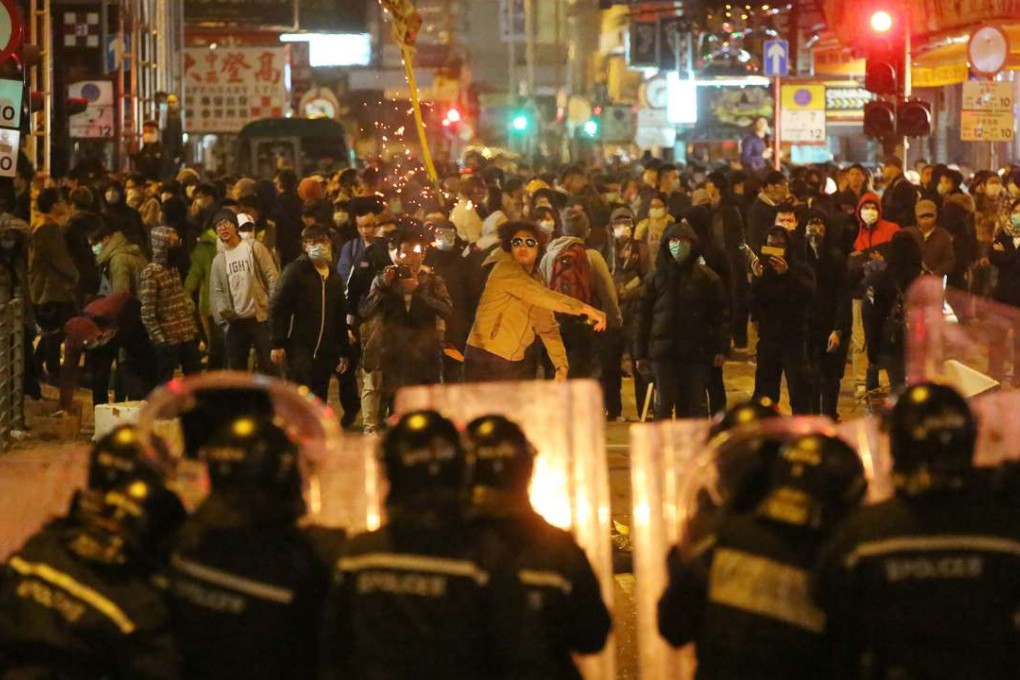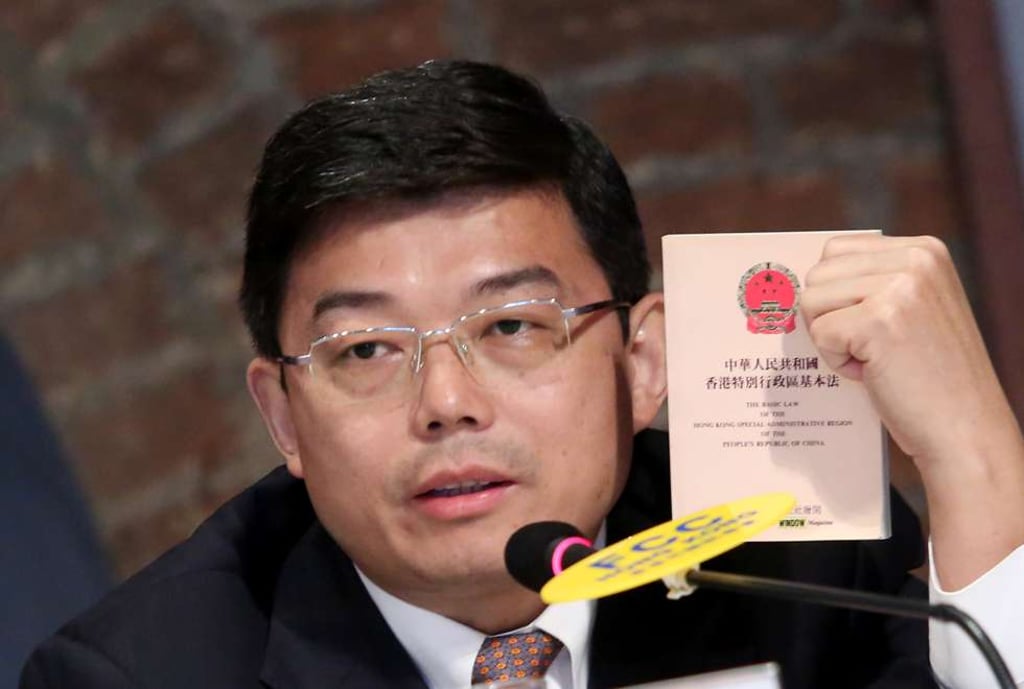Advertisement
EU presses for Hong Kong electoral reform after ‘politically challenging’ 2016
Call contradicts earlier opinion of legal chief at Beijing’s liaison office
Reading Time:2 minutes
Why you can trust SCMP

The European Union has urged Hong Kong to kick-start electoral reform, saying it would give the government greater legitimacy to tackle the city’s social and economic challenges.
That call was at odds with the opinion of Wang Zhenmin, the legal chief for the central government’s liaison office, who last Saturday rejected the need for development of democracy in Hong Kong over the next decade.
The 19th report by the European Commission on Hong Kong, released on Thursday, read: “The EU encourages the Hong Kong SAR and China’s central government to resume electoral reform in line with the Basic Law and to reach agreement on an election system that is democratic, fair, open and transparent.”
Advertisement
It added that universal suffrage would give the government greater public support and legitimacy in pursuing economic development and tackling social challenges like socio-economic and generational divides.
Advertisement
The commission also said that the record turnouts in the Legislative Council and Election Committee elections had shown that people were eager to play an active role in political life and in deciding the future of Hong Kong.
But speaking at an academic conference on Hong Kong affairs held in Beijing on Saturday, the liaison office’s Wang, a former Tsinghua University law dean, said: “Political reform has failed after so many years.
Advertisement
Select Voice
Choose your listening speed
Get through articles 2x faster
1.25x
250 WPM
Slow
Average
Fast
1.25x
